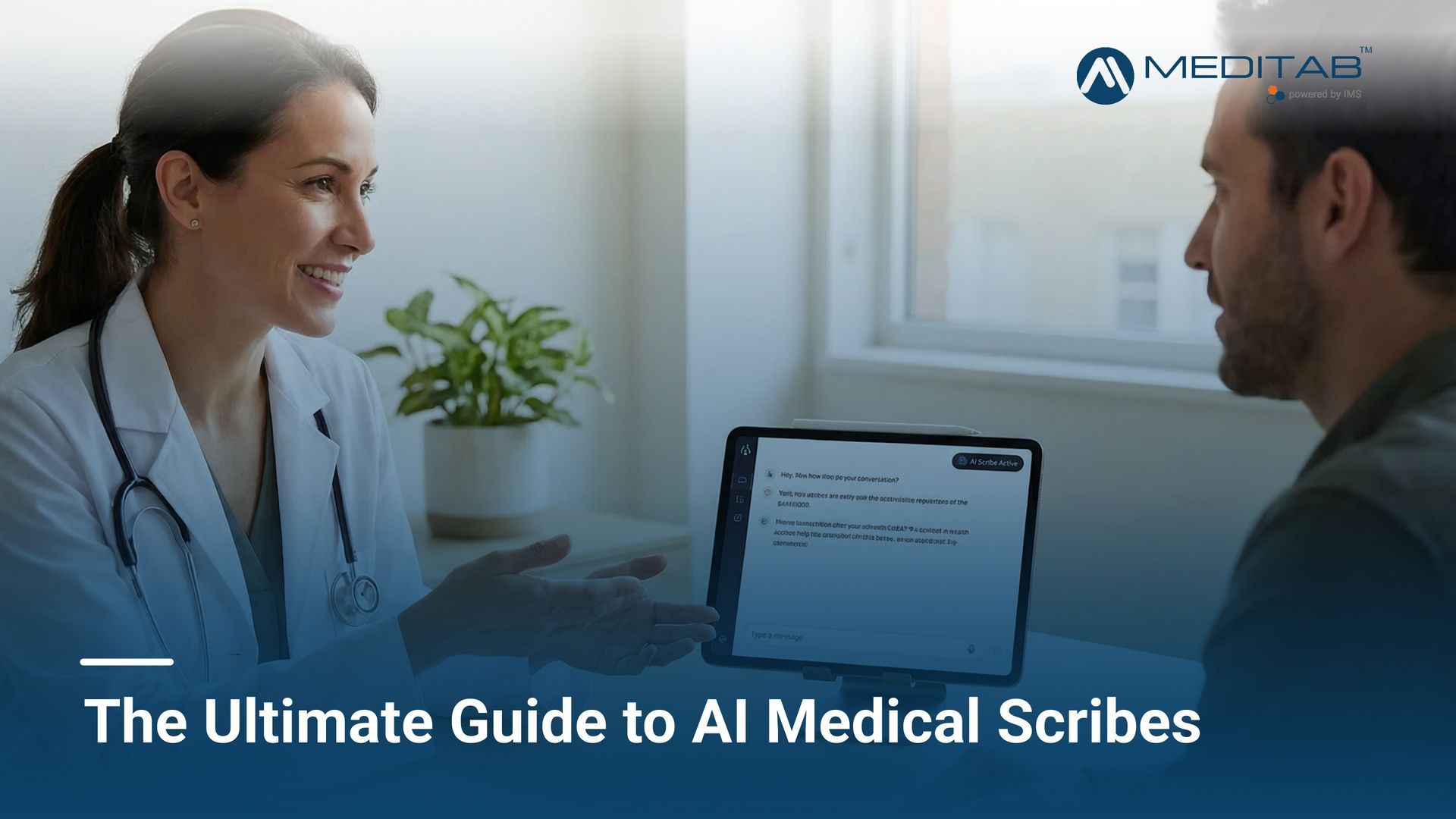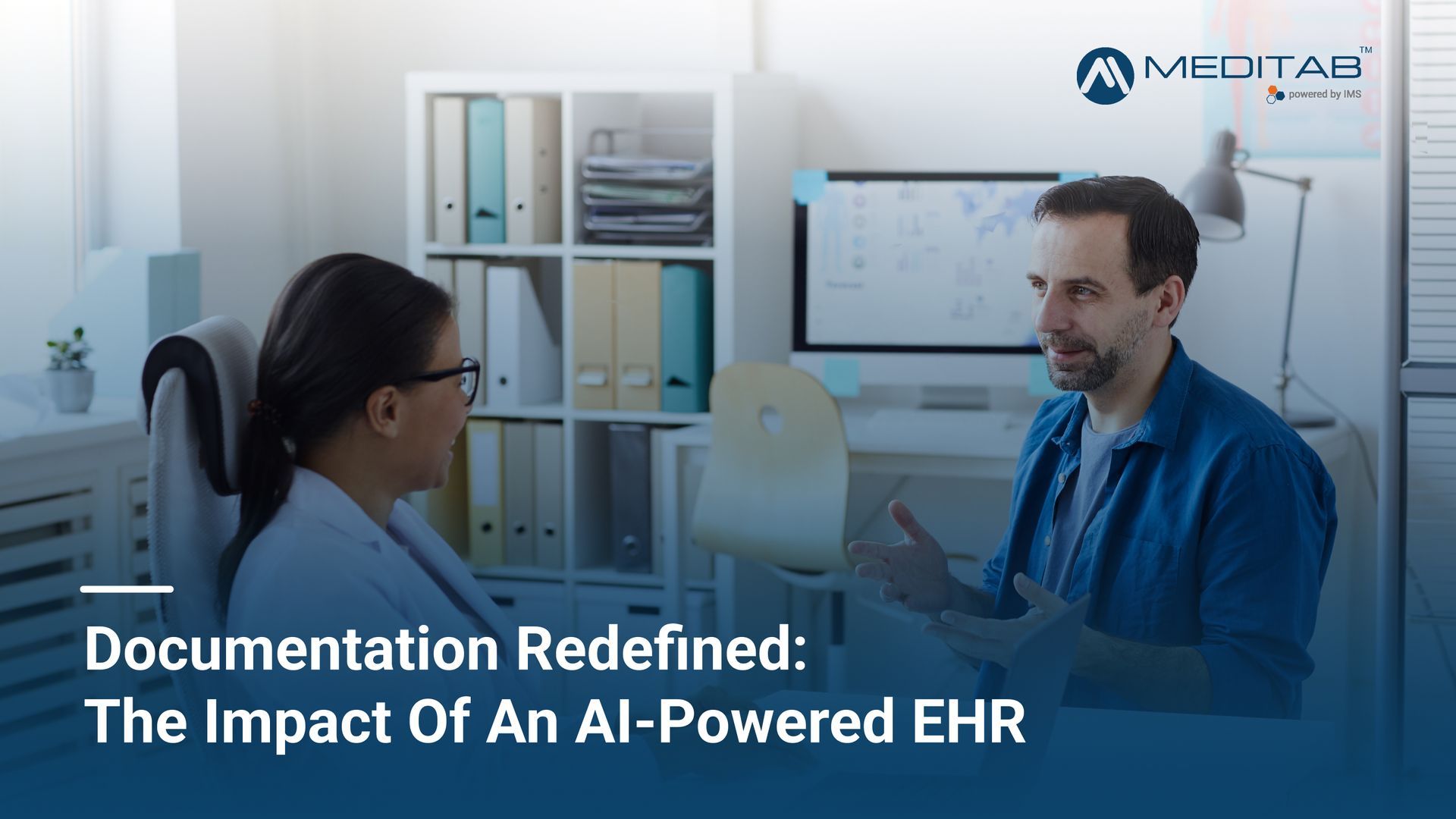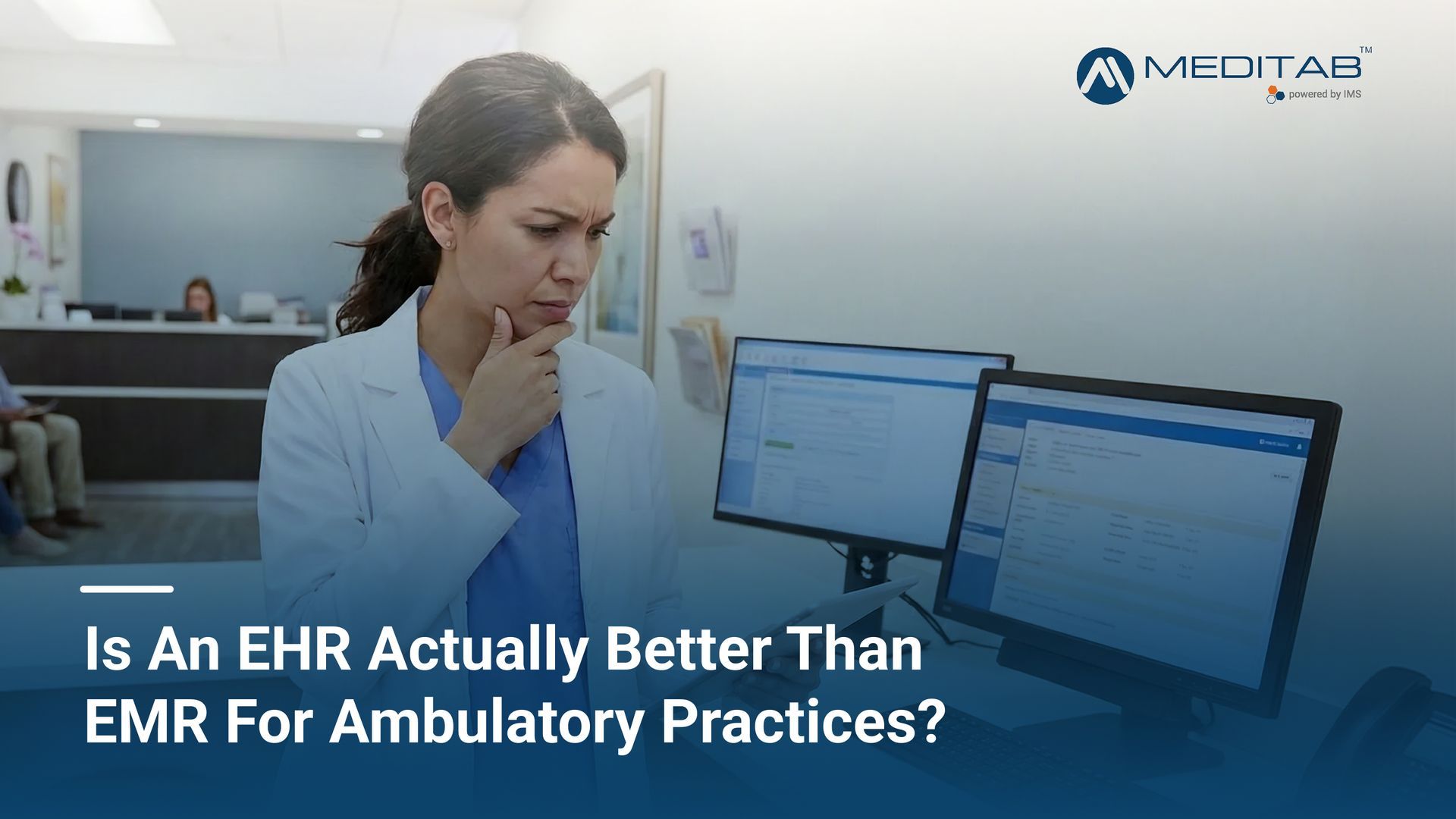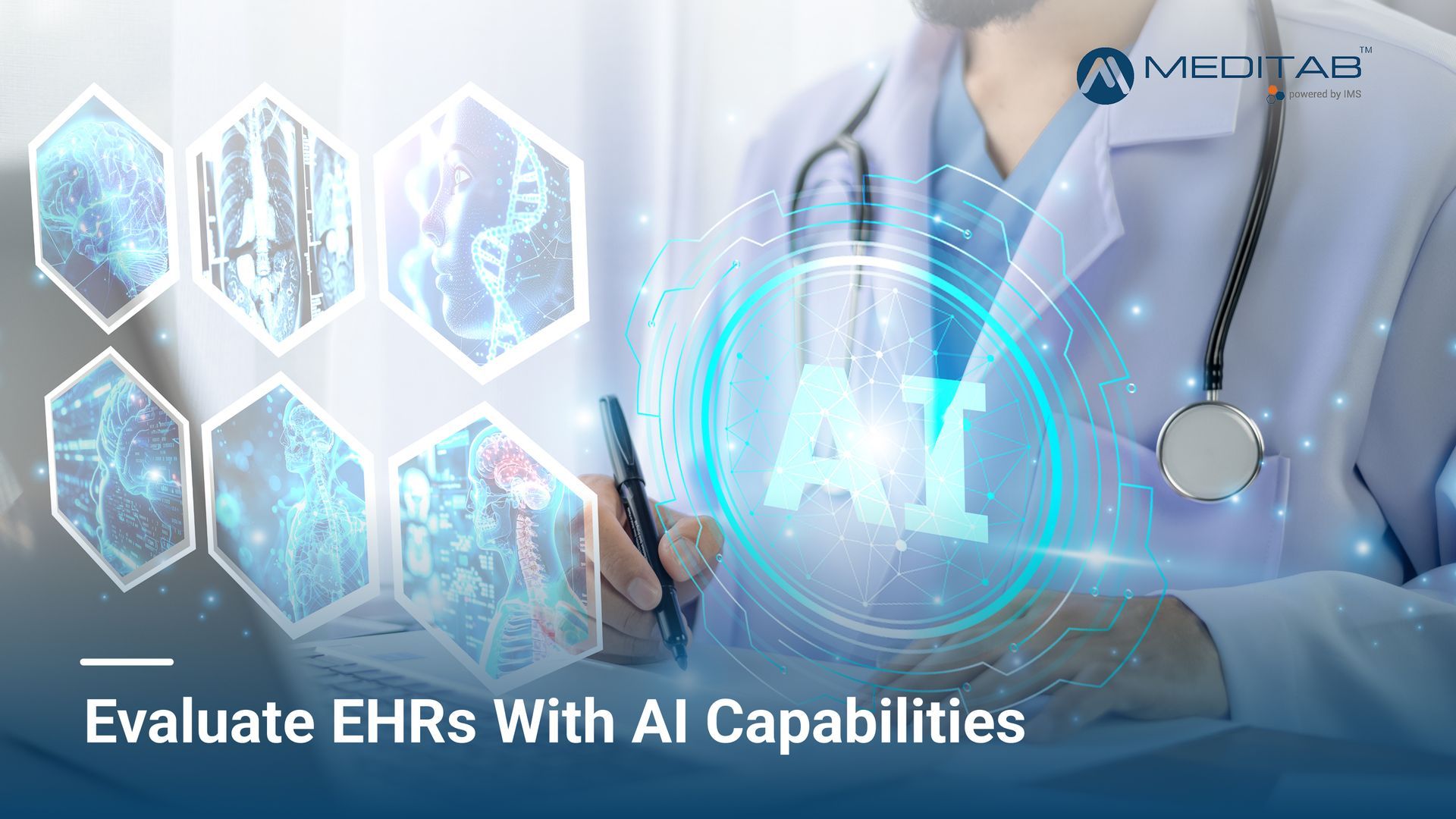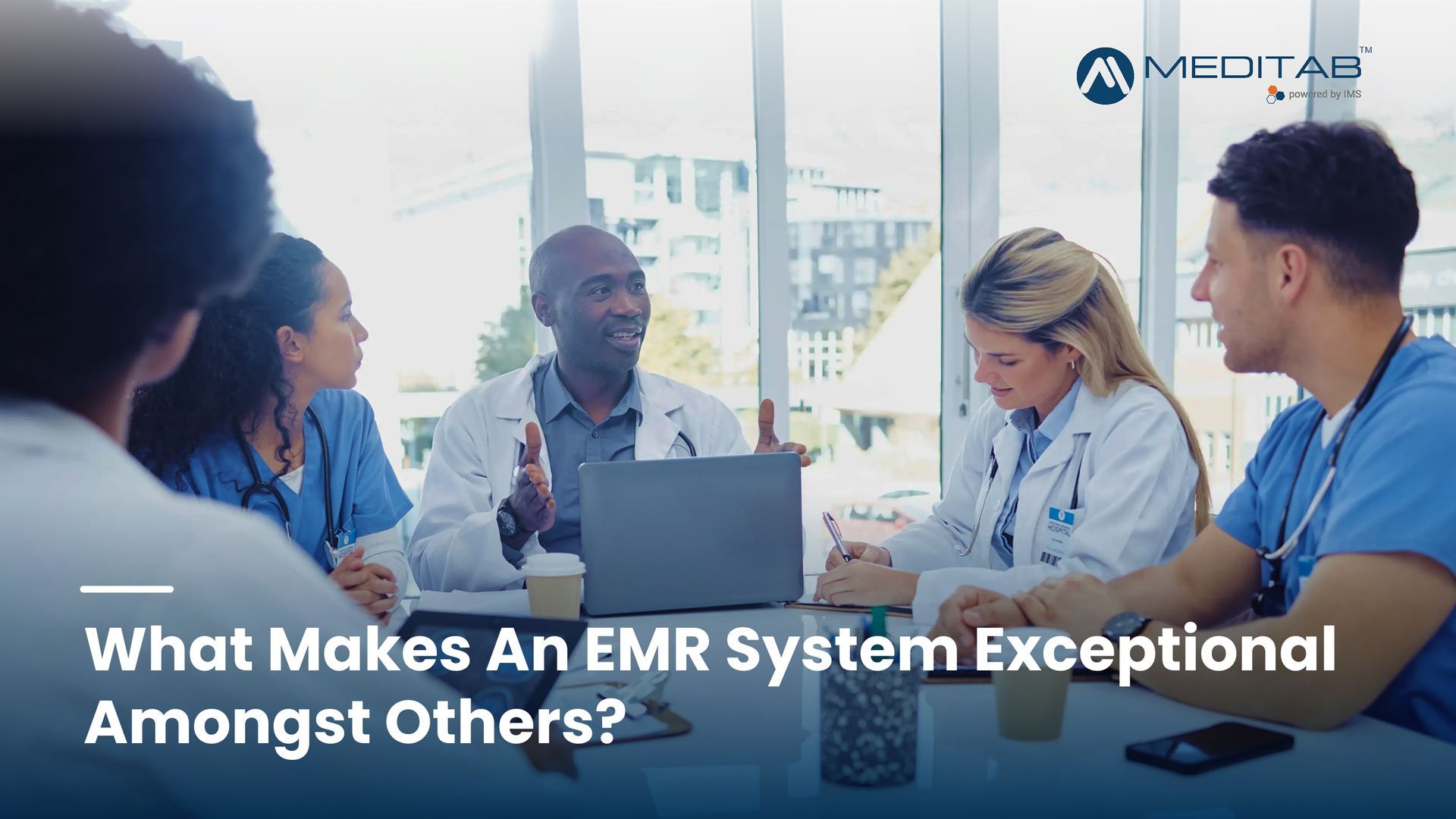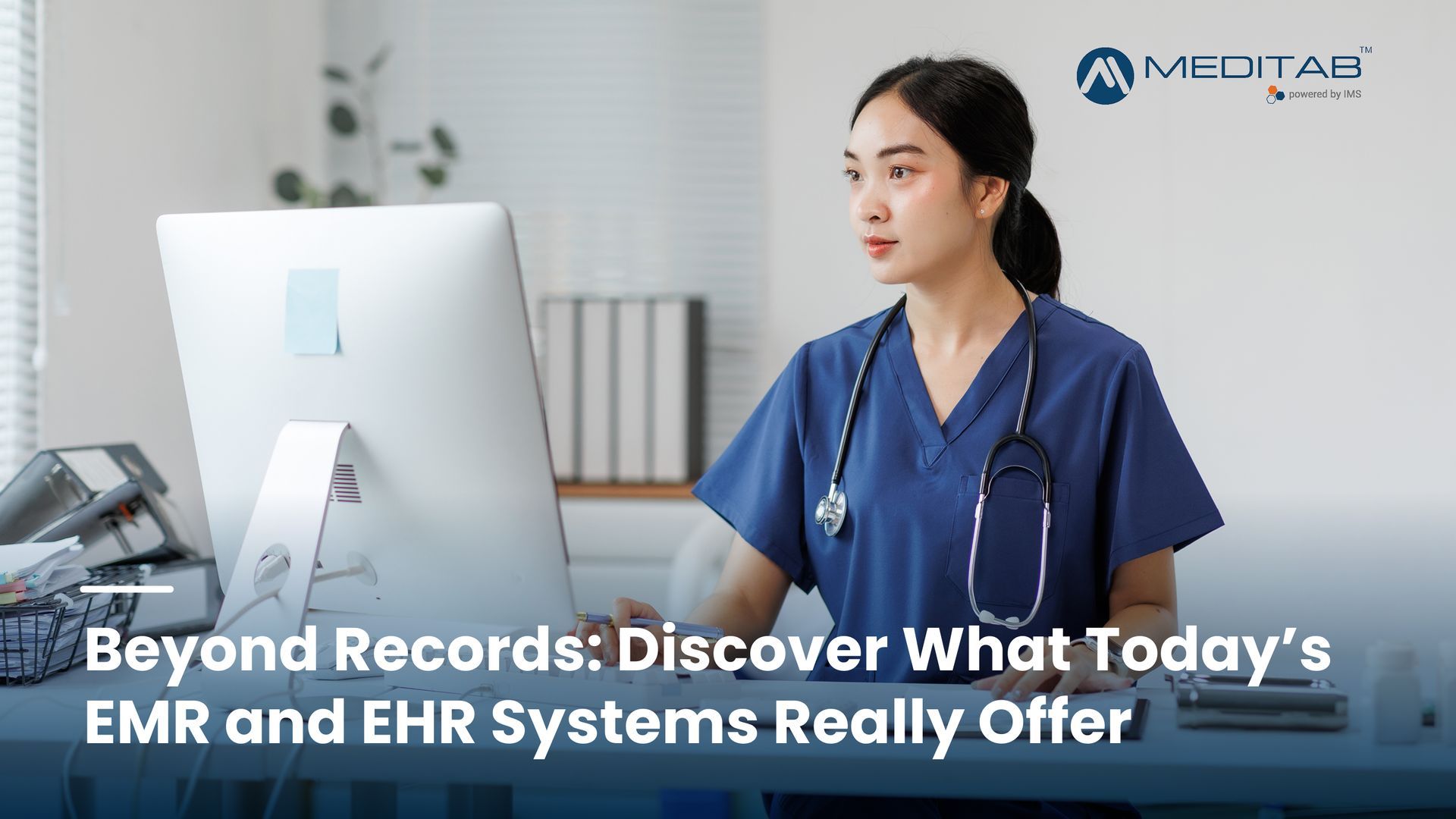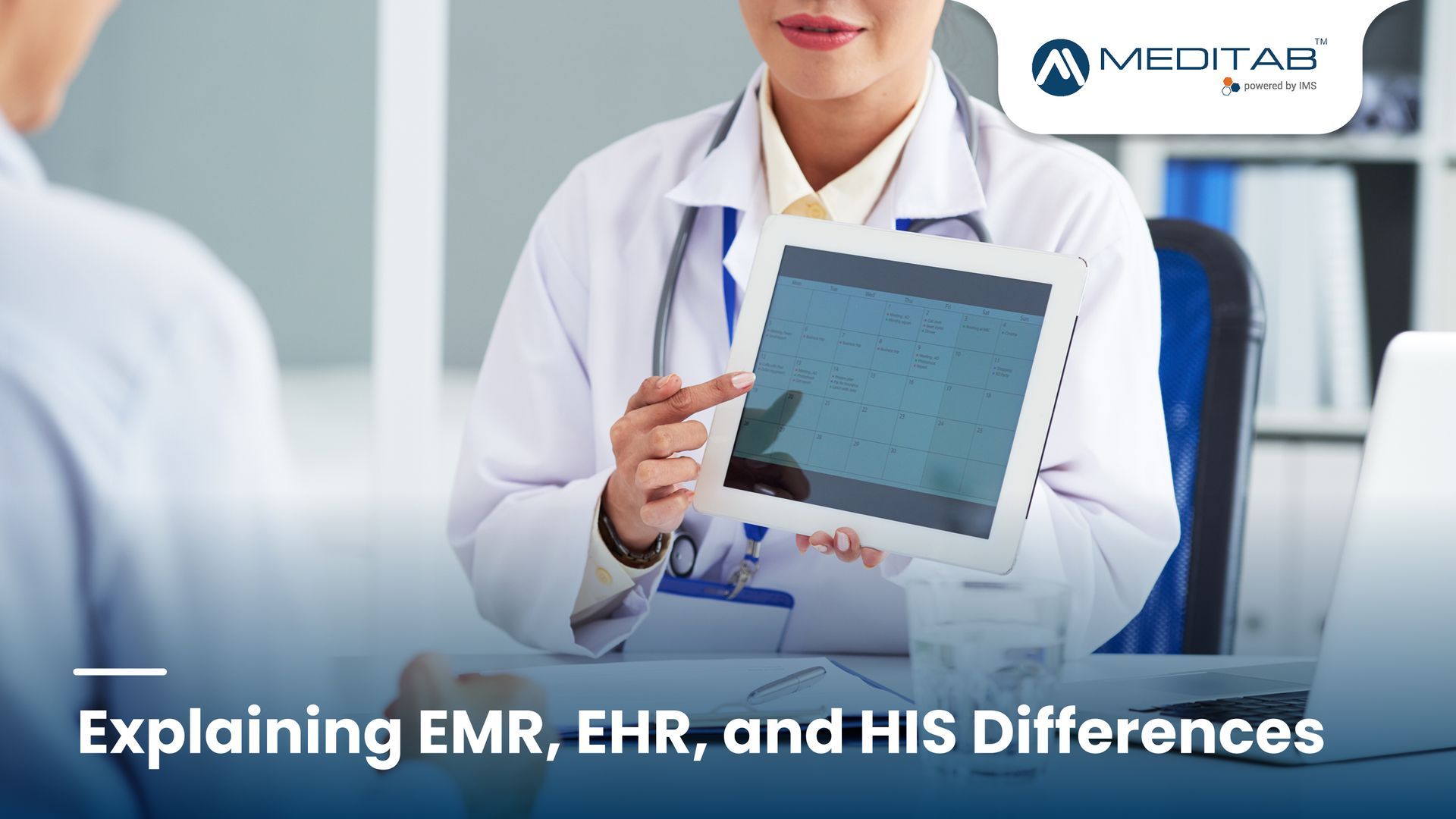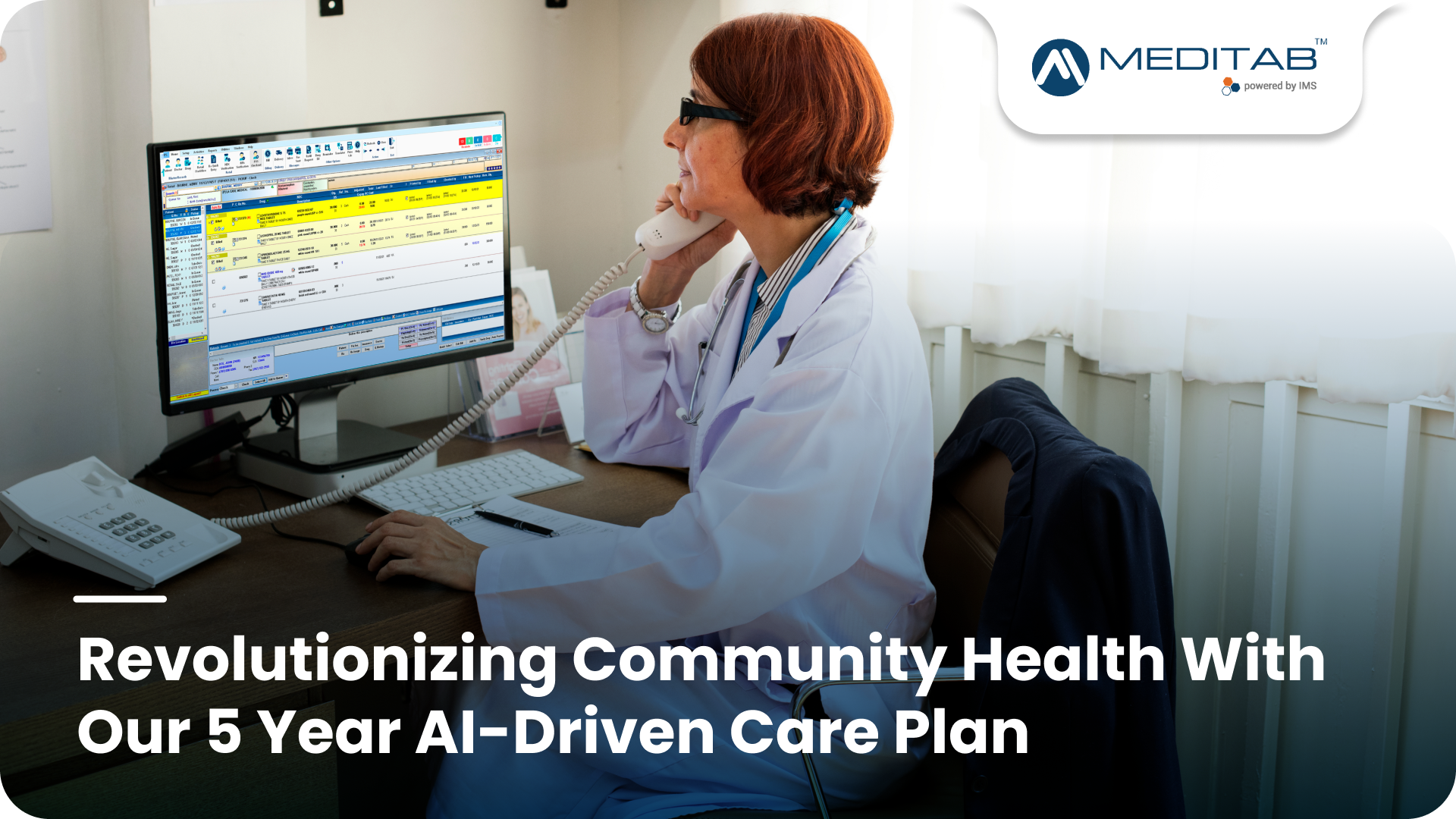What is Clinical Documentation and Its Importance

Precise clinical documentation is non-negotiable for any healthcare practice as it lays the groundwork for all stages in the care process. Consider it an investment that pays off with improved quality scores and reliable references for a patient's future visits. You want to nail it early in your workflow to dodge future headaches.
Truly maximizing these records requires a closer look at the areas with the most impact on your practice. Let's explore where these are and how harnessing technology can boost documentation efficiency for your practice and even boost your bottom line.
What is Clinical Documentation?

Clinical documentation involves compiling a thorough record that documents medical treatments, trials, or clinical tests administered to a patient. Ensuring precision, completeness, and reliability is crucial for accurately depicting diagnoses and the scope of implemented services in these records.
Why is documentation important in healthcare? As a health record, it is used as a reference and evidence for care continuity. Here’s how it benefits patients and providers alike at each step:
| Before Care | During Care | Post-Care |
|---|---|---|
| Provides insights into patient’s medical history, previous treatments, and existing conditions | Provides a real-time reference and access to data at the point of need | Ensures appropriate reimbursement and reduces denials |
| Aids in evaluating risks and allergies | Coordinates facts with each member of the care team | Enables a comprehensive evaluation of implemented treatments |
| Informs treatment plans based on a patient’s unique profile | Allows for adjustments in treatment as the patient’s condition evolves | Fulfills regulatory requirements |
Part of the empirical process is recording each observation and treatment applied. That is why clinical documentation integrity (CDI) programs are implemented to prevent important information from being overlooked. Successfully doing so guarantees a comprehensive and well-informed strategy in patient care.
From Notes to Codes: Roles That Ensure Clinical Documentation Integrity (CDI)

Healthcare professionals (such as nurses, physicians, and providers) are responsible for accurately documenting patients' symptoms, examination findings, diagnoses, and treatment plans. Meanwhile, medical coders specialize in translating these details into standardized codes. They work closely with billing staff to ensure the coded information is appropriately used to generate accurate reimbursement and timely medical billing.
To ensure the integrity of this data exchange, CDI employs a systematic approach to verify that clinical records align with the appropriate coding standards, such as ICD-11. The transition to ICD-11 represents a significant evolution in coding standards, offering an expanded set of codes compared to its predecessor, ICD-10. This new iteration is designed to facilitate clinical documentation with enhancements, including a complete transition of over 120,000 codable terms to a fully digital format.
A CDI Specialist with a broad clinical knowledge base leads this crucial process. Their responsibilities include conducting thorough examinations of patient records and ensuring the seamless integration of data. In cases of nonspecific terminology, uncertain diagnoses, and unaddressed diagnostic test results, the CDI specialist promptly clarifies inconsistencies with the provider or coder.
How EHRs Help Facilitate Clinical Documentation

There are two main limitations that hinder practices from optimizing clinical documentation.
First, having an in-house CDI specialist isn't always an option for many practices. Second, non-standardized processes contribute to frequent errors and prolonged turnaround times.
A potential solution to these issues is using Electronic Health Records (EHR) software. With modern technology, these platforms are programmed to follow data standards and allow for cross-platform communication, computer-assisted coding, and clinician-friendly documentation.
More importantly, EHR solutions ensure accessibility across providers. Through tools that assist consistent data recording, they optimize and streamline clinicians' workflows, addressing the challenges posed by traditional documentation methods.
Here are more advantages of digitally-driven documentation:
1. Structured Templates
- EHRs provide structured templates for various clinical encounters, ensuring that healthcare providers follow standardized formats for documentation. Templates help capture essential information consistently, reducing variability in documentation practices.
2. Standardized Terminology
- EHRs use standardized medical vocabularies and coding systems for more uniformity in clinical language. This promotes clear communication and understanding among healthcare providers and reduces ambiguity in documentation.
3. Interoperability
- EHRs facilitate interoperability, allowing different healthcare systems to exchange patient information seamlessly. The standardized exchange allows for consistency in documentation across various care settings, reducing the risk of information gaps.
4. User Training and Support
- Vendors often provide healthcare providers with training resources and support to ensure proper system utilization. Adequate training helps users understand and adhere to standardized documentation practices, lowering the likelihood of errors.
5. Data Validation and Quality Checks
- EHRs include built-in validation checks to ensure the accuracy and completeness of entered data. These checks help identify and correct errors as they occur, preventing inconsistent or incomplete documentation.
Healthcare Documentation Shouldn’t Be A Chore
Don't let documentation consume most of your valuable time and risk burnout among your staff. Embrace a seamless and worry-free approach to clinical documentation with Meditab's Intelligent Medical Software, an all-in-one EHR solution that optimizes data from diagnosis to billing.
Developed with every step of the care process in mind, it features built-in templates that ensure no critical detail is missed during patient visits.
IMS isn't just user-friendly; it's also HIPAA compliant, prioritizing patient information's utmost security and confidentiality. Streamline your workflow and focus on what truly matters - providing exceptional patient care. With Meditab, documentation becomes a breeze, enabling you to elevate your practice to new heights.

